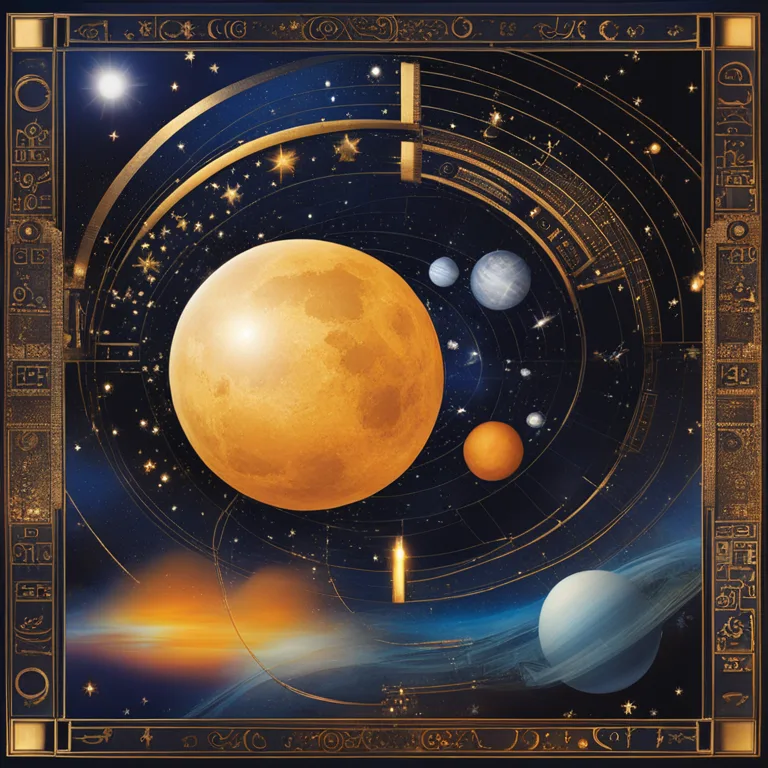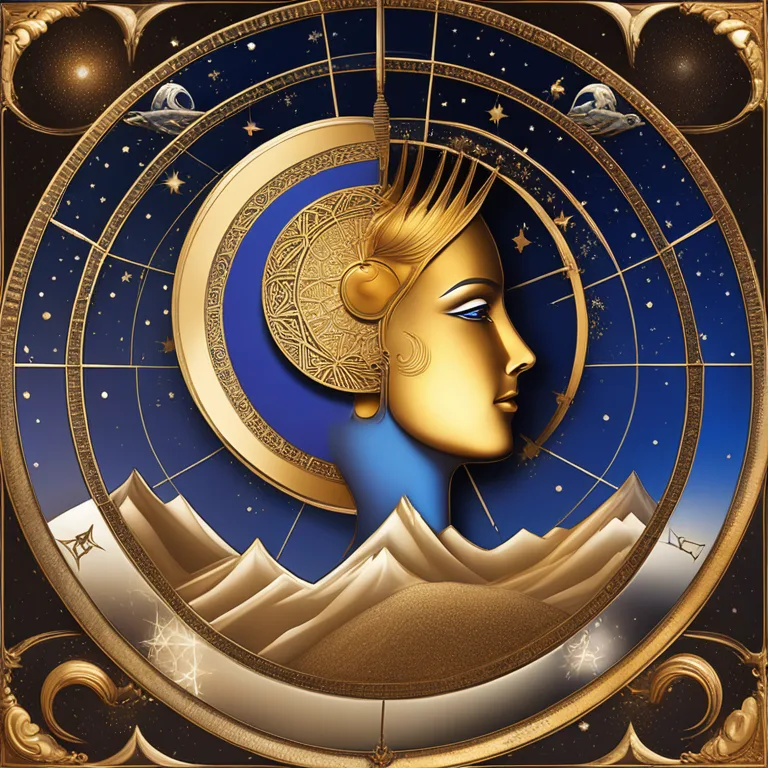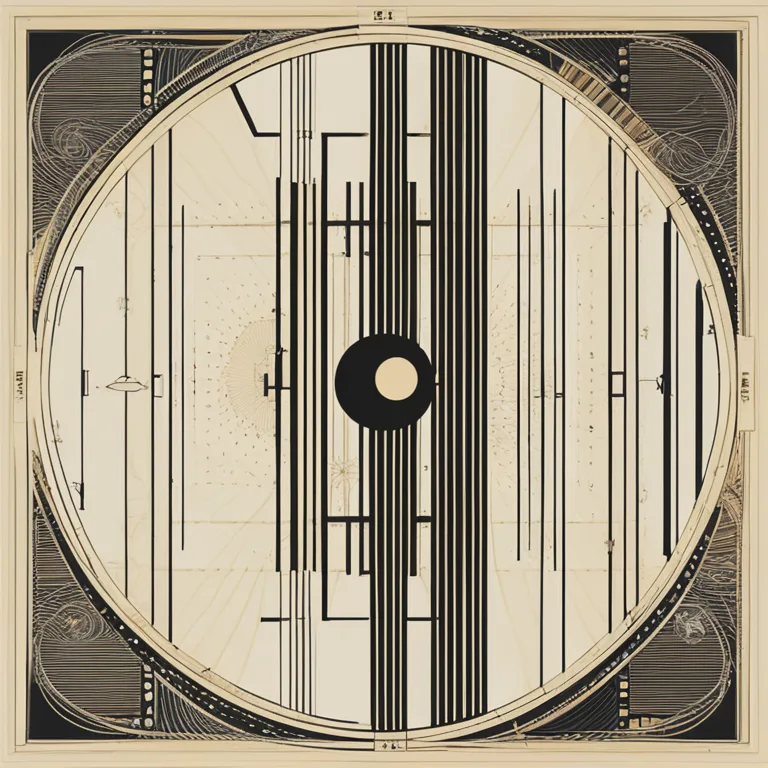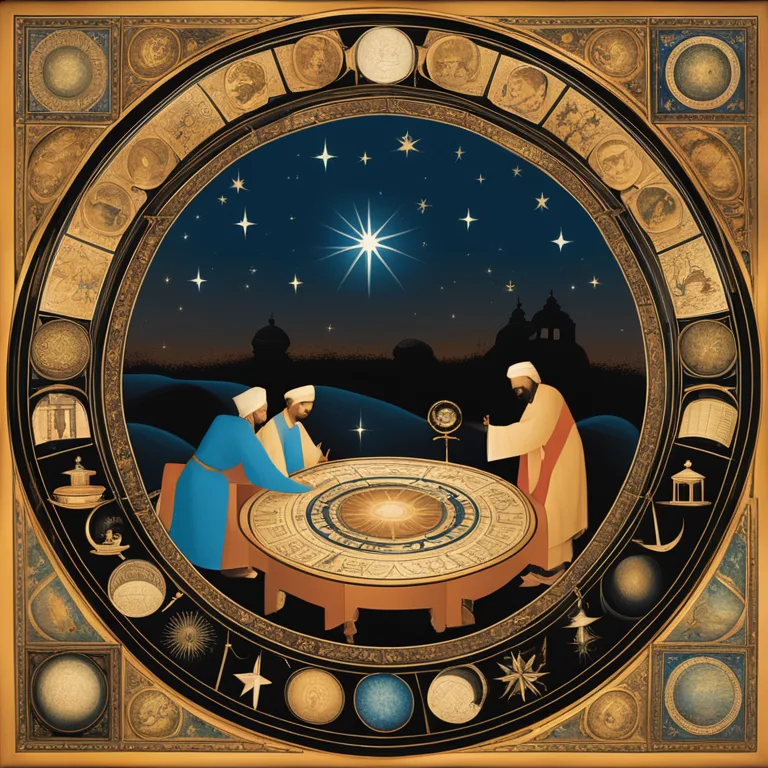
The Reality of Astrological Readings
Delve into the compelling arguments that affirm the legitimacy of astrology and its impact on our lives.
article by Priya Deshmukh
The Ancient Roots of Astrological Practice
Astrology, often viewed with skepticism, holds a venerable position in the annals of human history. Originating over millennia ago, the art of interpreting celestial patterns has occupied the minds of ancient scholars and modern enthusiasts alike. Its endurance across cultures speaks to a universal curiosity about the heavens' influence on earthly life. Astrology's integrated role in early astronomy laid a scientific foundation that would later diverge into a distinct discipline. Today, it continues to evolve, incorporating contemporary insights while staying true to its core principles.

The Correlation Between Celestial Movements and Life
The fundamental assertion of astrology is that celestial bodies' positions and movements correlate with life on Earth. This isn't to claim their arrangement causes events, but that the timing of celestial patterns often coincides with pivotal life moments. The predictive nature of astrology for 2024, and beyond, relies on intricately calculated celestial charts. Looking ahead, astrologers anticipate transits and alignments significant to societal trends and individual growth, fostering a sense of preparedness and personal insight.

Empirical Evidence and Psychological Affirmation
Though empirical scientific evidence supporting astrology remains a topic of heated debate, a psychological affirmation exists for many individuals who find personal truths within their astrological readings. For these adherents, horoscopes offer a reflection of their psyche and suggest a resonance with the celestial narrative. The enduring human quest for understanding underpins the realness of astrology, as it provides a framework for introspection and self-discovery that many find unparalleled.

Astrology's Relevance in Modern Times
Our modern era has seen a resurgence in the interest in astrological insights, particularly as we look towards the challenging and transformative years ahead. With 2024 marked by significant astrological events, such as Jupiter transiting through Aries and Pluto's continued journey through Aquarius, these movements are expected to herald periods of growth, technological advancements, and societal shifts. Astrology offers an interpretive lens through which to view these events, endowing them with meaning and potential for personal and collective evolution.

Integrating Astrology into Daily Life
The practical applications of astrology are myriad, influencing decisions from interpersonal relationships to career choices. Compatibility readings, for example, may offer insights into relational dynamics, fostering deeper understanding and empathy between partners. As people navigate their biorhythms and seek alignment with their innate tendencies, astrology stands as a beacon, guiding with its periodic forecasts and reflective horoscopes that resonate with many looking beyond the tangible.
Cultural Acceptance and Personal Testimonies
Astrology's pervasiveness across diverse cultures underscores its acknowledged significance. The wealth of personal anecdotes affirming its accuracy can't be ignored, as countless individuals credit astrological guidance for significant life changes and paths taken. While anecdotal evidence doesn't equate to scientific validation, the personal is very much real for those whose experiences exemplify astrology's impact. It is these stories that breathe life into the practice, securing its place in the pantheon of human exploration.
Published: 12/29/2023
Modified: 12/29/2023
More predictions
Come back here soon to learn more about yourself and your future


The Rhythms of Your Birth Chart
Delve into the significance of your birth chart and what the celestial patterns at your birth reveal about your potential, personality, and life path.


The Power of Biorhythms: A Guide
Delve into the significance of your birth chart to comprehend your astrological imprint and personal destiny as written in the stars.


Birth Chart Without Time: Overview
Discover insights into analyzing a birth chart when the exact time of birth is unknown, providing alternative astrology approaches for clarity.